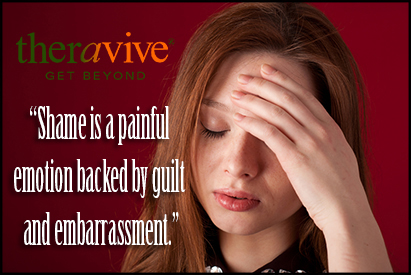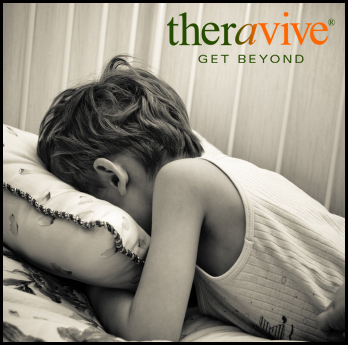 Shame: the other bad “S” word of the English language.
Shame: the other bad “S” word of the English language.
While some may consider shame a harmless word, the power it carries can breed immense distress. There are many things that each of us has either been ashamed of in the past, or many of us who continue to carry shame in the present.
What exactly is shame? Shame is a painful emotion backed by guilt and embarrassment. Every person has experienced shame at one point or another depending on a variety of circumstances. But, we are not born ashamed. It is a learned emotion. By the age of two, children have the capacity of self-awareness. At this point in time, a child is able to experience shame. It is not necessarily a bad thing for a child or adult to acknowledge their behaviors and examine whether an action was appropriate or not. This makes us better, and more empathic people. The act of shaming starts at a very young age. Parents often categorize their children as “good” or “bad,” “nice” or “naughty.” This is not mal-intended, but this is often where shame begins. We learn to ask questions like: “What will people think of what I am doing?” “Is what I am doing wrong?” “Does this make me a bad person?” These questions can help individuals with minor and major life decisions. But what happens when shame stunts our growth?
When shame sits within the center of our minds, it begins to brew a not so tasty stew. The problem with shame is that if it is not resolved, it grows. Secrecy brews shame. Shame is usually a hidden emotion, one that people carry within themselves and have a hard time expressing due to the levels of guilt and embarrassment. But this recipe is what adds fuel to the fire. Keeping things hidden about yourself can create rifts in relationships, and cause much day-to-day anxiety.
 So how does one live a relatively shame-free life? Consider the following:
So how does one live a relatively shame-free life? Consider the following:
- · Shame is normal. Accepting that shame is a normal human emotion experienced by all is where it begins. We all carry things within us that we are not proud of or we fear others will judge us by. Embarrassment and guilt make us human beings with beating hearts and a conscience.
- · Take a risk and share. Sharing shame immediately dispels the power it contains. If you have people in your life that you trust, opening up to them can be a powerful step to help you crack the shame. Think of one person in your life who you feel loves you unconditionally. The definition of unconditional love means that love is experienced without condition, without judgment. Sharing with someone who you feel safe with is vital. If you feel like you do not have this support, try talking to a professional. You must find a safe place where you can take the risk.
- Practice unconditional love. One way to accept yourself is to learn to accept others. When you create close bonds with other people, you form more empathy and understanding. And as you form this empathy, it transfers as empathy for yourself as well. Practice being a good listener and a good friend. In this manner, you will foster close and intimate relationships that will allow for a genuine atmosphere for sharing and connection. The part you play in your relationships will help you create the safety and comfort you need to be yourself.
- · Love yourself. Remember that you are lovable, no matter what. Self-criticism is detrimental to your health. Join groups and activities that you love, and practice hobbies that you enjoy. How does this help with shame? Well, the better care you take of yourself, the more clearly you can see that love is more powerful than shame. And shame is oftentimes not a useful emotion to carry.
- Journal your shame. Sometimes, when we are holding on to deep and powerful emotions, we try to numb ourselves to the negative feelings. However, the reality is that we cannot only numb certain feelings. When we numb the bad, we numb the good. Journaling is one way to let the feelings out. It’s a starting point, and studies have shown that journaling has many positive benefits.
Ultimately, you get to decide how big of a role shame plays in your life. While it can feel overwhelming to think of putting yourself out in the world with no mask on at all, it is a process that can be liberating and it may also be the ultimate display of self-love.
About the Author

Sheila Sayani
, MA, MFTSheila Sayani, Licensed Marriage and Family Therapist, has a Master’s degree in Clinical Psychology from Pepperdine University, and a Bachelor’s degree in Psychology from UC. She has a wide range of experience with a variety of populations, spanning from infants with special needs, to children, adolescents, couples, families and trauma victims. She has worked in school, hospital and clinic settings with communication skills, attachment & relationships, parenting and child development.
Office Location:
16055 Ventura Boulevard Suite 555
Encino, California
91436
United States
Phone: 818- 804-7040
Contact Sheila Sayani
Professional Website:
www.SayTherapy.com